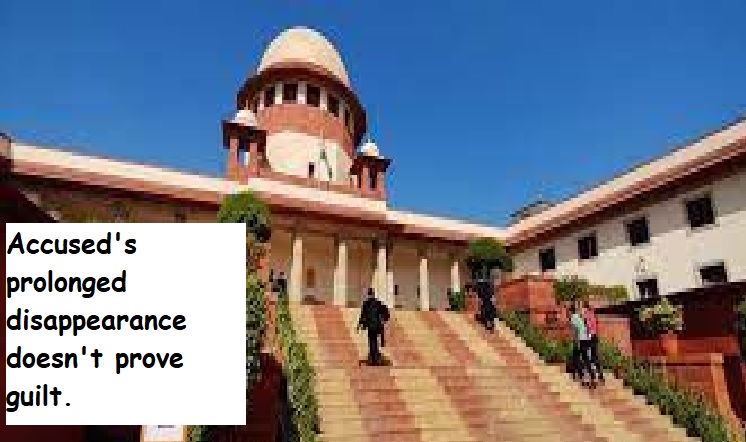


On December 12, 2023, the Supreme Court of India rendered a significant judgment, acquitting an individual who had previously been convicted under Section 304 of the Indian Penal Code (IPC), which pertains to culpable homicide not amounting to murder. The essence of the verdict lay in the court's determination that the prosecution had failed to establish the accused's guilt beyond a reasonable doubt, prompting his entitlement to acquittal as a matter of justice.
The case unfolded with the appellant initially being convicted by the High Court of Madras, which found him guilty under Section 304. The specific charge related to a quarrel between the appellant and the victim, stemming from a dispute over wages. According to the prosecution's narrative, the appellant, in the heat of the moment, grabbed a rubber stick from a tea stall and assaulted the victim. Tragically, the victim succumbed to the injuries sustained during the altercation, leading to the legal proceedings.
The Sessions judge had originally convicted the appellant of murder, imposing a sentence of life imprisonment. However, the High Court modified the conviction to Section 304-Part II of the IPC, prescribing a five-year rigorous imprisonment term. The High Court reasoned that while the appellant caused the head injury resulting in the victim's death, there was an absence of premeditation or intention to commit murder.
Upon review, the Supreme Court meticulously examined the evidence on record and arrived at a different conclusion. The court, comprising Justice BR Gavai, Justice Dipankar Datta, and Justice Aravind Kumar, noted that circumstances collectively suggested the victim was likely under the influence of alcohol and had fallen from a tree, sustaining a fatal head injury. This assessment contradicted the prosecution's version and led the Supreme Court to question the reliability of the entire narrative.
One pivotal aspect addressed by the court was the prolonged abscondence of the accused, which the prosecution argued indicated guilt. The Supreme Court, however, held that mere abscondence, especially in cases where an individual is aware of an impending arrest, does not inherently establish guilt. The court acknowledged that while abscondence might carry some evidentiary value, its weight depends on the surrounding circumstances. In this instance, the court found the prosecution's reliance on abscondence insufficient to substantiate the charges.
The court also raised concerns about the prosecution's failure to produce key witnesses, namely Ponnaian and Velukutti, who were present at the tea stall during the alleged incident. Their absence from the list of witnesses, coupled with the prosecution's inability to explain why they were not called to testify, raised doubts about the completeness and accuracy of the presented evidence. The court invoked Section 114 of the Evidence Act, highlighting the applicability of illustration (g), which pertains to situations where material witnesses are withheld.
Additionally, the court scrutinized the delayed filing of the First Information Report (FIR), emphasizing that while delays alone might not be fatal to the prosecution's case, a satisfactory explanation for the delay is crucial. In this instance, the court found the explanation provided unsatisfactory, questioning whether the delay was an attempt to frame the accused.
Lastly, the court delved into the medical evidence, noting a lack of relevant documents to corroborate that the head injury suffered by the victim resulted from the alleged assault rather than a fall from the tree. This further underscored the court's skepticism about the prosecution's version of events.
In conclusion, the Supreme Court, as the final arbiter, emphasized its duty to sift through the evidence, separating truth from falsehood. The judgment underscored the importance of a comprehensive and credible prosecution, with due consideration given to all relevant circumstances, in ensuring justice is served.
TAGS: Supreme Court acquittal Section 304 Indian Penal Code (IPC) culpable homicide High Court of Madras prosecution